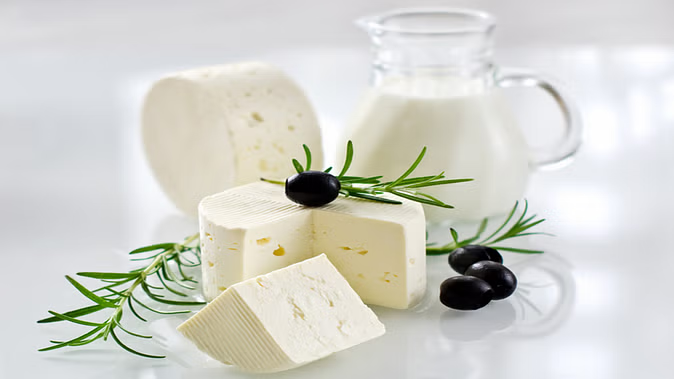To keep our body healthy, many nutrients are needed, one of which is protein which is very important for our muscles and especially for those who do the gym. It is a micronutrient, which helps in building new muscles and repairing damaged cells in the body. People doing workouts in the gym use protein powder a lot. Protein powder is a dry powder made from milk, buttermilk, casein, and soy. Protein supplements help in meeting the deficiency of protein in our body but they should be consumed in a certain amount only. Do you know that there are many disadvantages to excessive consumption of this protein powder? So let's know about the disadvantages of protein powder.

Upset stomach
Lactose is a sugar found in milk products and milk that is also present in whey-based protein powders. If you are lactose intolerant and consume protein powder containing lactose, you are likely to experience digestive issues. You may feel bloating or bloating or experience diarrhea. Abdominal pain and nausea can also affect you. If you are allergic to lactose, you should try consuming lactose-free protein powders to avoid these side effects.
Insulin levels may increase
Most gymgoers or bodybuilders consume protein powder after working out. But do you know that the protein powder that you are consuming considering it beneficial, can prove to be harmful to you in the long run? Yes, the consumption of protein powder can increase the level of insulin in the body. Insulin level increases due to excessive consumption of protein powder, which can cause health problems.
Kidney damage
If a person consumes a large amount of protein, he produces a large amount of urea. This puts a high strain on the kidneys as they filter out copious amounts of urea and calcium from the blood. When protein powder is consumed in large amounts over a long time, there is an increased risk of kidney disorders. The damage of kidney stones and kidney failure is caused by taking an excessive amount of protein supplements.

Intestinal upset
If you are lactose intolerant then you should try pea-based protein powder. But in very rare cases it is possible to be sensitive to pea-based proteins as well. P protein extracts contain oligosaccharide carbohydrate molecules that cause gas in the stomach and intestinal discomfort.
Having digestive problems
Consuming too much protein powder can also cause stomach problems. Drinking too many protein shakes can destroy the good bacteria present in the gut. Not only this, it can give rise to bad and harmful bacteria in the gut. Due to this, you may have digestive problems like stomach pain, and constipation. Apart from this, it can also promote dairy intolerance, which makes it difficult for you to digest milk or other dairy products.
Liver damage
A diet of protein supplements without carbs can put the body into a state of ketosis, leading to high blood acidity levels. This persistent high blood acidity is known to impair liver function and can result in severe liver failure. Apart from this, inflammation of the liver can occur and the risk of serious liver disease can increase.
Increased acid in the blood
If you do not use whey protein properly, then you may have to face this side effect. This is the condition when ketone increases in the blood. If the body fat is low then it will not be able to convert the protein into energy and in the same way, the level of ketones in the blood will start increasing. That is, increasing the level of acid in the blood.
Cancer risk
A high intake of phytoestrogens in soy protein powder may be linked to an increased risk of breast cancer. Animal studies have shown that soy isoflavones can increase the development of breast cancer tumors. But there are no conclusive studies in this regard so far, you can cut down on the consumption of soy protein as a precaution or use protein powder made from an alternative source.

Acne problem
Excessive consumption of protein powder can harm not only the health but also the skin. Excessive consumption of protein powder can lead to hormonal imbalance, which can increase the production of sebum. Studies also show that taking protein supplements can increase insulin levels, which can lead to acne. To avoid this, drink plenty of water.










